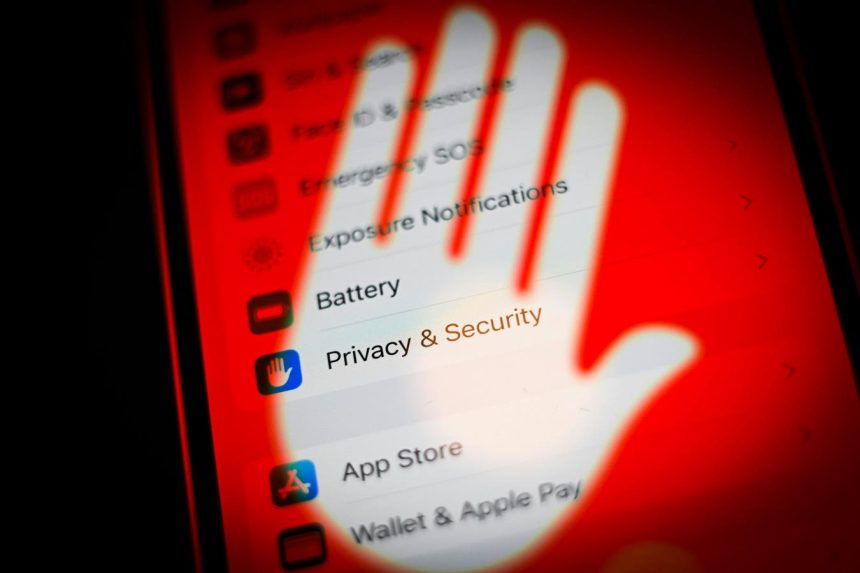Apple has implemented a discreet system for notifying users of suspected state-sponsored spyware attacks targeting their iPhones. This system, active since 2021, has alerted users in over 150 countries, highlighting the global nature of such sophisticated cyber threats. The notifications are reserved for a highly select group of individuals who are likely targeted due to their prominence, profession, or affiliations. Apple emphasizes that these attacks are exceptionally complex and resource-intensive, distinguishing them from typical consumer-facing malware campaigns that cast a wider net. The very nature of these targeted attacks demands a different approach to security and response than conventional cybersecurity measures.
The notification process involves a two-pronged approach. First, upon logging into their Apple account page, targeted users receive a threat notification explicitly warning them of the potential spyware attack. This notification underscores the seriousness of the situation, emphasizing the high confidence Apple has in its detection mechanisms while acknowledging the inherent difficulty in confirming such attacks with absolute certainty. Secondly, to ensure the message reaches the user through multiple channels, Apple sends out concurrent email and iMessage notifications to the addresses and phone numbers linked to the compromised Apple account. This multifaceted approach aims to maximize the chances of the user receiving the critical warning, even if one communication channel is compromised.
The warning message itself is stark and direct, informing the user that they are being targeted by “mercenary spyware” attempting to remotely compromise their iPhone. This “mercenary spyware” designation signifies that the attackers are likely working for or on behalf of a nation-state or other powerful entity, employing sophisticated tools and techniques beyond the capabilities of typical cybercriminals. The message also stresses the personalized nature of the attack, highlighting that the user is likely targeted “because of who you are or what you do.” This underscores the gravity of the situation and the need for immediate action.
A notable aspect of Apple’s response to these sophisticated attacks is its referral of affected users to external resources. Rather than providing direct technical assistance, Apple directs users to Access Now, a non-profit organization specializing in digital rights advocacy and providing support to victims of targeted attacks. This raises questions about the level of support Apple provides directly to users facing such threats and the rationale behind outsourcing this critical function to a third-party organization. While Apple has cited the specialized expertise of organizations like Access Now in handling these complex cases, the decision to not offer in-house support for such a serious threat remains a point of contention and requires further clarification.
The rationale behind Apple’s approach to spyware notifications lies in the highly targeted nature of these attacks and the unique challenges they pose. Unlike widespread malware campaigns that can be addressed through software updates and general security advice, state-sponsored spyware attacks often exploit zero-day vulnerabilities and employ highly customized tools designed to bypass conventional security measures. These attacks necessitate a tailored response that goes beyond standard cybersecurity protocols. Organizations like Access Now specialize in providing individualized support to victims of targeted attacks, offering expertise in digital security, privacy, and legal recourse. Their involvement reflects the complex and multifaceted nature of these threats, requiring a coordinated response that encompasses technical, legal, and advocacy aspects.
The scarcity of these notifications underscores the exclusivity of the threat they address. The vast majority of iPhone users will likely never encounter such a warning, simply because they are not the intended targets of these sophisticated espionage campaigns. These attacks are precisely calibrated and deployed against individuals deemed high-value targets due to their access to sensitive information, their influence, or their potential to disrupt the attacker’s objectives. The rarity of these notifications serves as a reminder of the distinct threat landscape faced by specific individuals and the specialized measures required to protect them from these highly sophisticated attacks. The emphasis on user identity and activity as the motivation for these attacks further reinforces the need for a personalized and targeted response, moving beyond generalized security advice to address the unique circumstances of each victim.



